News
-
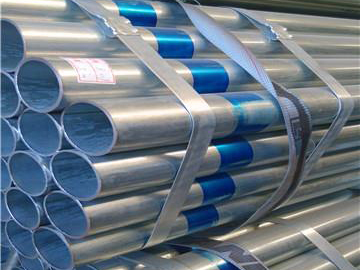
How to judge the quality of the pipe insulation
Pipe insulation applications in today’s society is very widespread in many areas have played an important role, in which the steel quality will often produce varying degrees of impact the project will have to select good quality steel will undoubtedly be carried out project to produce good ...Read more -
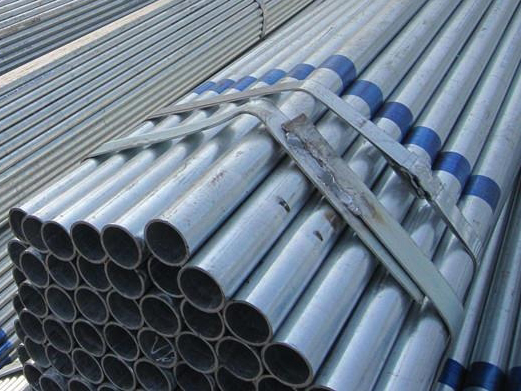
Hot dip galvanizing pipe
Hot dip galvanizing thickness Length of the hot-dip galvanizing layer anticorrosion coating time is roughly proportional to the thickness. System parts in very severe corrosion conditions of service and (or) require a longer service time, which may be higher than the plated layer thickness requir...Read more -
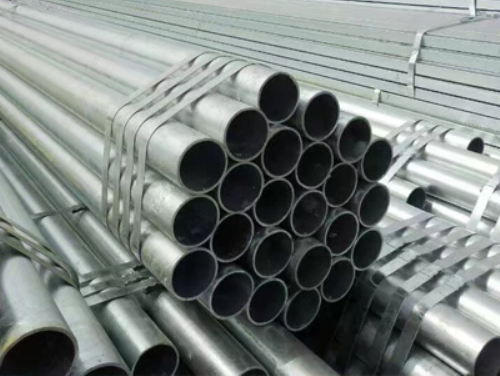
Galvanized steel pipe
Galvanized steel pipe production line Galvanized steel pipe production line has special requirements, especially in a production environment, this a good environment can help us to better production, improve production efficiency and production quality, especially galvanized steel pipe, this need...Read more -
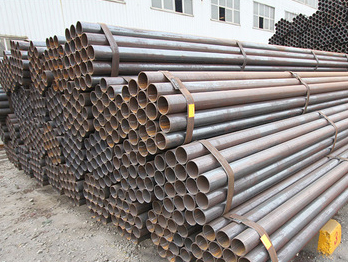
ERW pipe technical requirements
ERW pipe technical requirements Technical requirements For oil and gas transport For low pressure fluid conveying Material Gr.b Gr.b Pipe body diameter D<508mm, ±0.75%; D≥508mm, ±0.75% D≤168.3, ±1.0%; 168.3<D≤508,±0.75%; Wall thickness D<508mm,+15.0%,-12.5%; D≥508mm, +17.5%,-10% ...Read more -
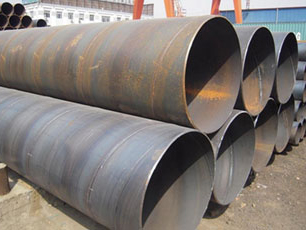
Difference between saw and hfw pipe
Difference between saw and hfw pipe (1) submerged arc welding Submerged arc welding use a continuous feed wire as electrode and filled metal. Welding, at the upper surface of the weld zone, covered with a layer of granular flux, burning arc in the flux layer of the end portion of the wire and a p...Read more -
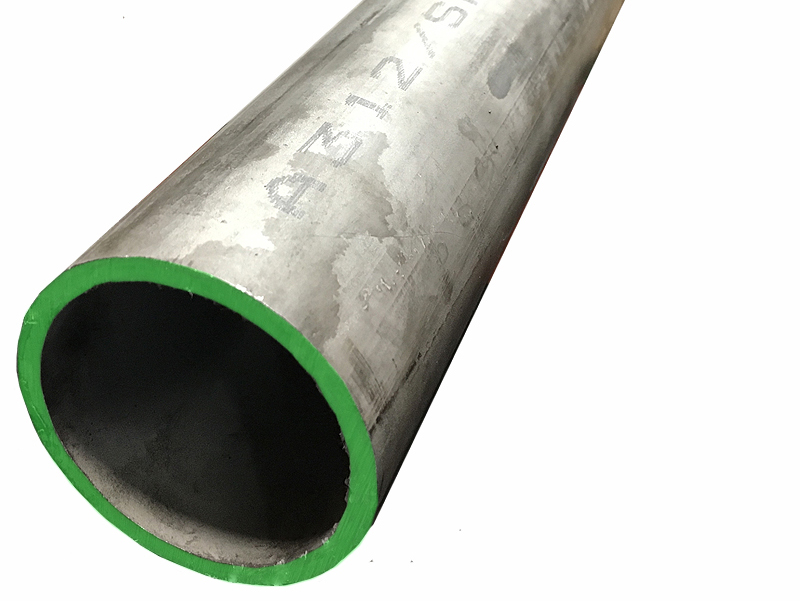
Difference Between ASTM and ASME Standard
ASTM material standards are developed by the American Society for Materials and Testing, ASTM material standards can include the chemical, mechanical, physical and electrical properties of the material. These standards include both a description of test methods to be performed on building materi...Read more
